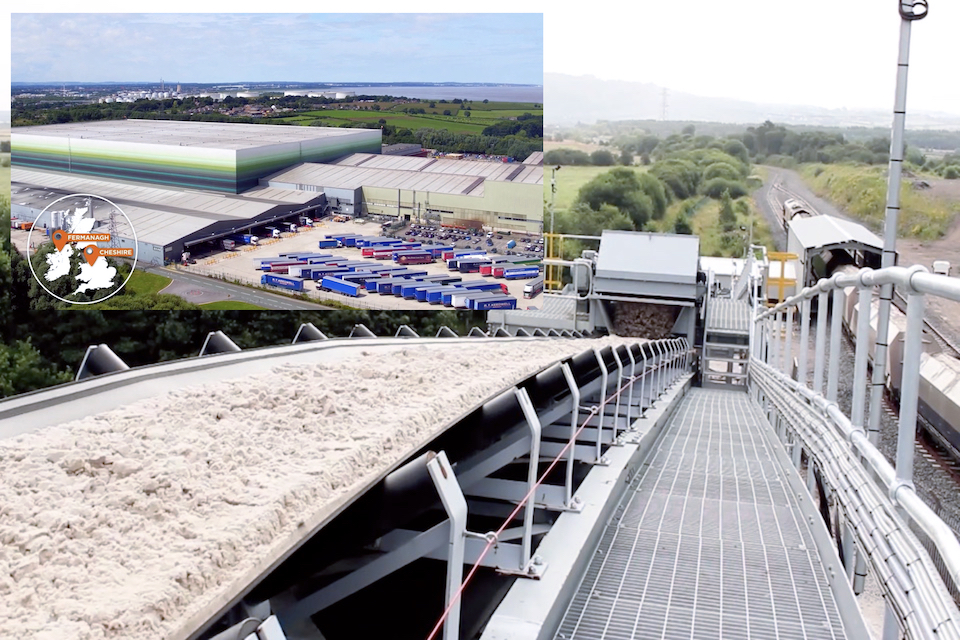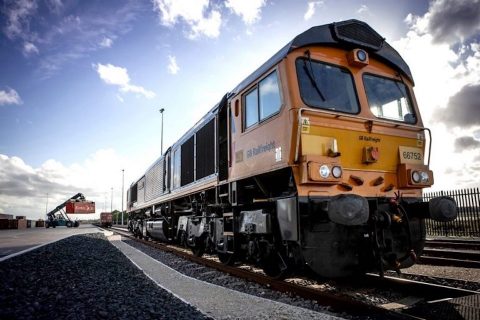Glass manufacturer transparent about plans for rail freight

Glass container manufacturer Encirc has successfully completed trials of rail transport of finished bottles using the railhead at its Elton site in Cheshire, in the north of England. The company says emissions from distribution, part of Scope 3 emissions under the Greenhouse Gas Protocol, contribute significantly to the carbon footprint of container glass. Encirc has identified rail distribution as a potential solution to reducing those Scope 3 emissions.
Do you want to read the full article?
Thank you for visiting RailFreight.com. Become a member of RailFreight Premium and get full access to all our premium content.
Are you already a member?
Having problems logging in? Call +31(0)10 280 1000 or send an email to customerdesk@promedia.nl.




